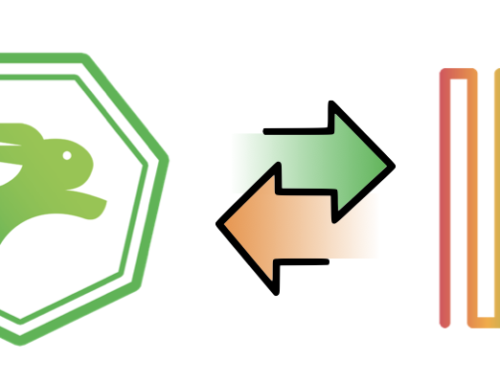In a recent blog post for Oxford University Press, Jaekung Lee reiterates what many educators have already concluded: the educational gains from high-stakes are marginal and have unintended negative consequences on the learning environment. Lee suggests effective instruction time and increased engagement might provide part of the solution.
“Let’s take a pop quiz on the ongoing debate over high-stakes testing, an issue that is nothing less emotional than the way our schools teach our children. First questions, then answers:”
“Does high-stakes testing improve education? Does it lead to better teaching and learning? Do countries with high-performing schools rely on it? Does it help narrow the achievement gaps among different racial and socioeconomic groups of students?”
“Here’s the correct answer: No. None of the above. Absolutely not.” Article continued…
What do you think? Join the conversation by leaving a comment below.
<br /[:es]In a recent blog post for Oxford University Press, Jaekung Lee reitirates what many educators have already concluded: the educational gains from high-stakes are marginal and have unintended negative consequences on the learning environment. Lee suggests effective instruction time and increased engagement might provide part of the solution.[:]




